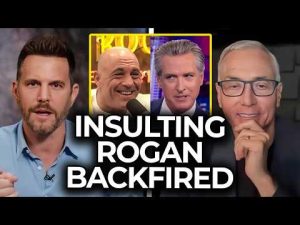Dick Cheney, a towering figure in American politics and the 46th Vice President of the United States, has passed away at the age of 84 due to complications from pneumonia and cardiac and vascular disease. His death marks the end of an era characterized by his firm stance on conservative values and his role as a linchpin in American foreign policy. A stalwart Republican, Cheney dedicated his life to public service and was often seen as the embodiment of the Republican “old guard.” Despite a career peppered with controversies, his influence and dedication to his country remain undeniable.
Cheney’s political journey reads like the ultimate conservative resume. Beginning as the White House Chief of Staff under President Gerald Ford, Cheney quickly climbed the ranks, serving as Secretary of Defense under George H.W. Bush and eventually as Vice President alongside George W. Bush. His tenure as Vice President from 2001 to 2009 was marked by significant global events, including the aftermath of 9/11 and the Iraq War, where his influence as a hawkish figure shone brightly, albeit controversially. Cheney’s penchant for directness and his mastery of political maneuvering often made him seem like the man in charge, a perception not entirely without merit.
His career, however, was frequently entwined with criticism, particularly regarding the Iraq War and enhanced interrogation techniques. Cheney’s staunch defense of these policies earned him the reputation of a hardliner, often portrayed by critics as a shadowy puppeteer wielding power behind the scenes. Yet, if Cheney ever felt burdened by such caricatures, he rarely showed it. Instead, he seemed to embrace the role, famously unyielding under intense scrutiny. Dick Cheney’s legacy in politics serves as a complex narrative of steadfast dedication to principles, however polarizing they might have been.
Yet, Cheney was more than just a lightning rod for political debate. Despite health challenges, including suffering a heart attack as early as the age of 37 and enduring multiple heart surgeries, Cheney remained a persistent figure in politics – an embodiment of tenacity. His personal life, while often kept out of the political spotlight, showed a different side of Cheney – that of a husband, a father, and a man willing to stand by his family against the tide. His relationship with his daughter Mary, who is openly gay, showed a softer side of a man often viewed as unyielding, and it suggested that even the most staunch conservatives have the capacity to adapt and embrace personal truths over party doctrine.
In retrospect, Cheney’s tenure in public service paints a rich and, at times, contentious portrait of a man deeply committed to the ideals he held dear. His was a career that encapsulated both staunchest support and severe criticism – a testament to the complex nature of American democracy and the varied lenses through which public figures are viewed. As the country reflects on Cheney’s legacy, it becomes clear that while opinions on his policies may divide, the impact of his actions is undeniably woven into the fabric of American history.







